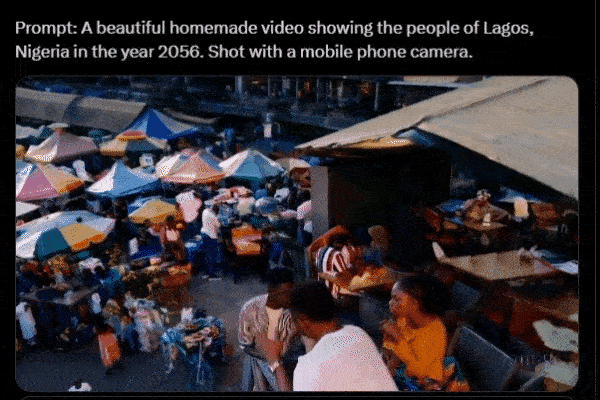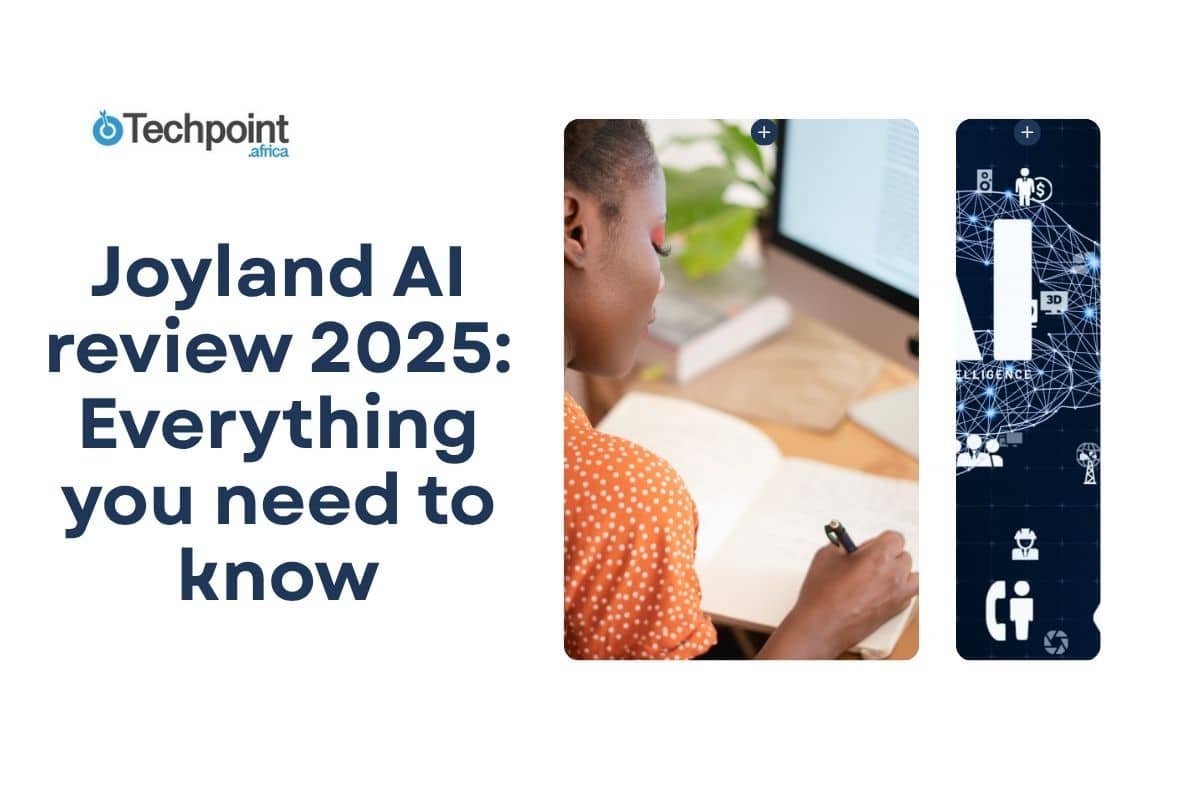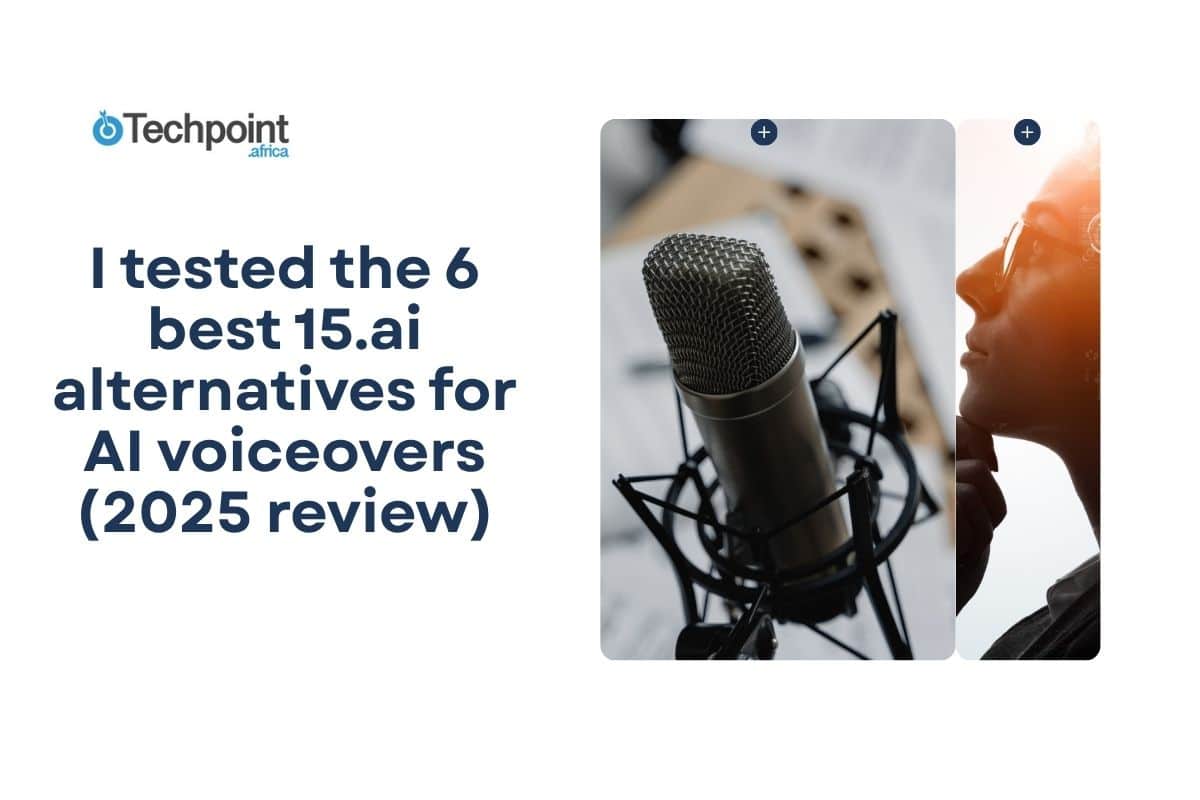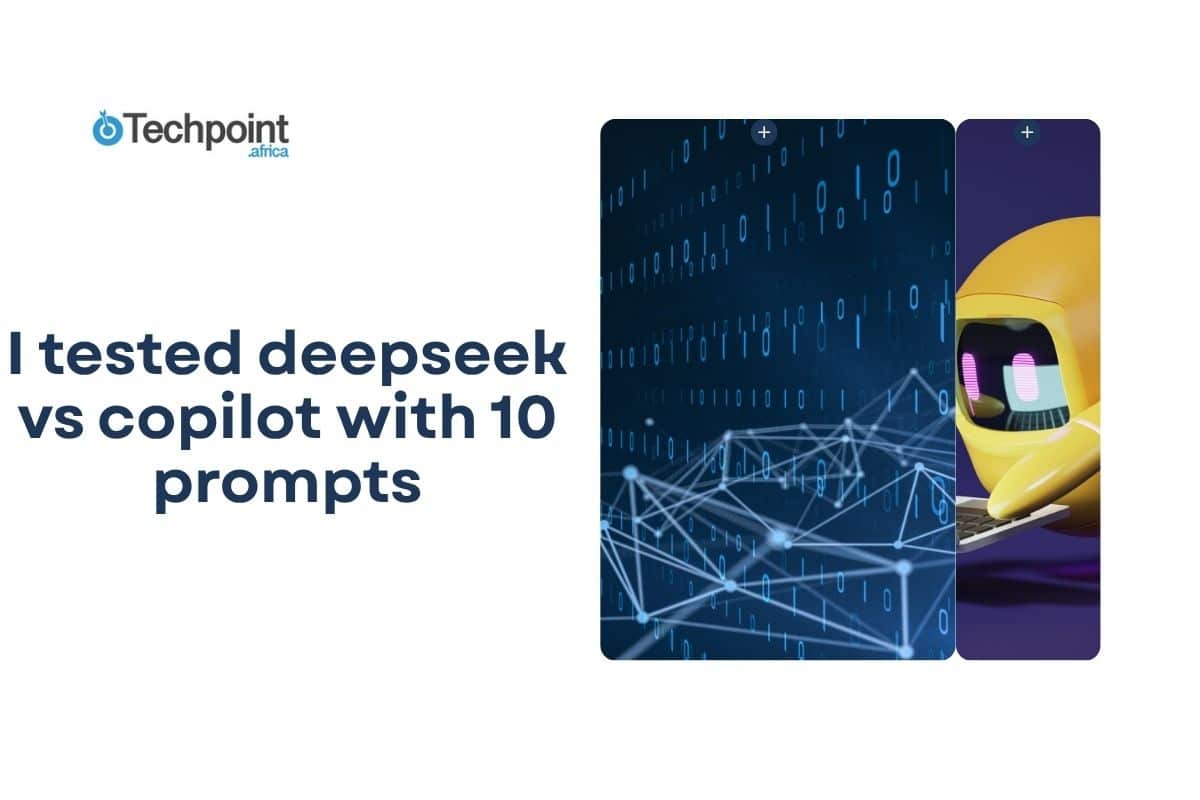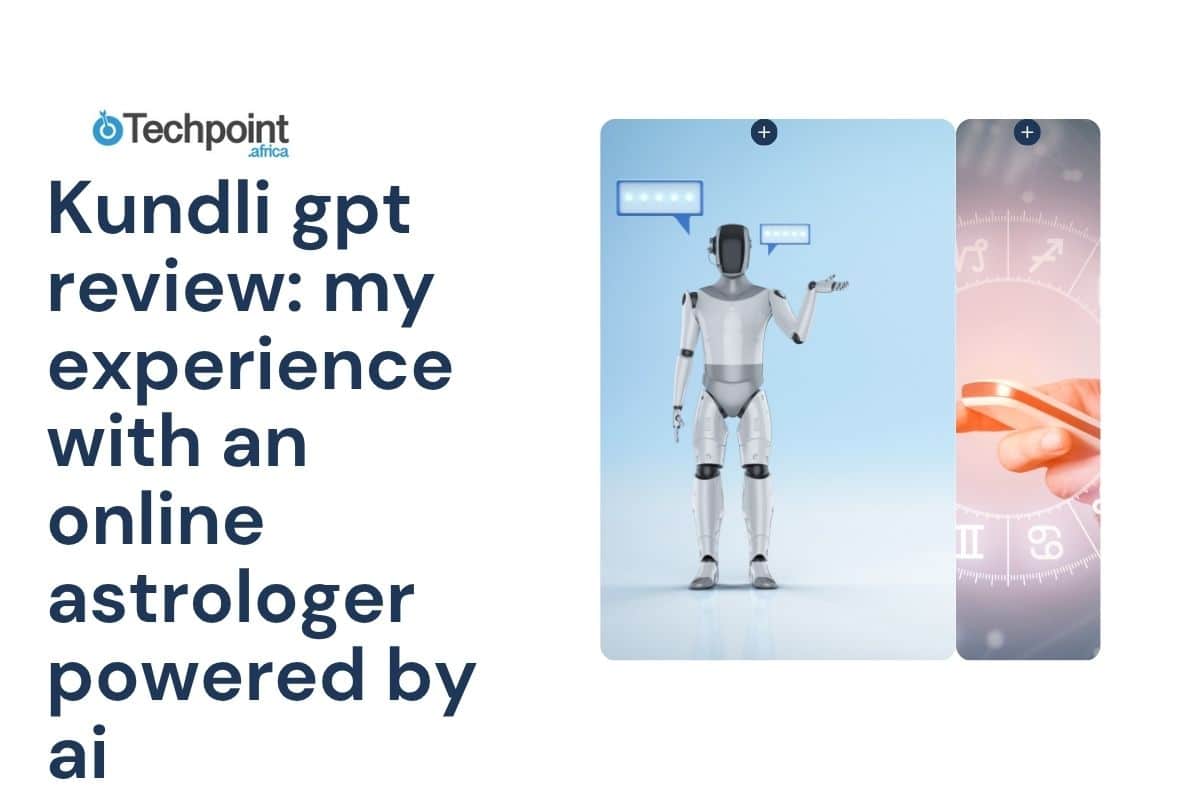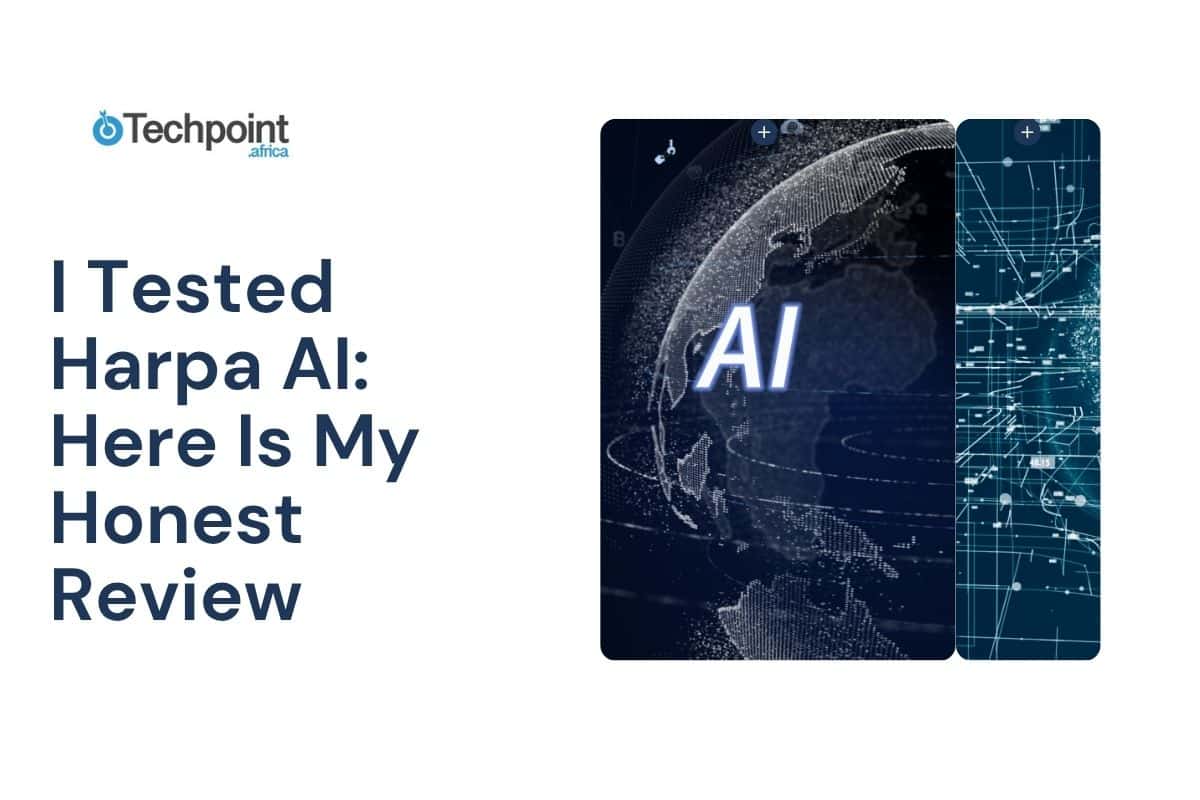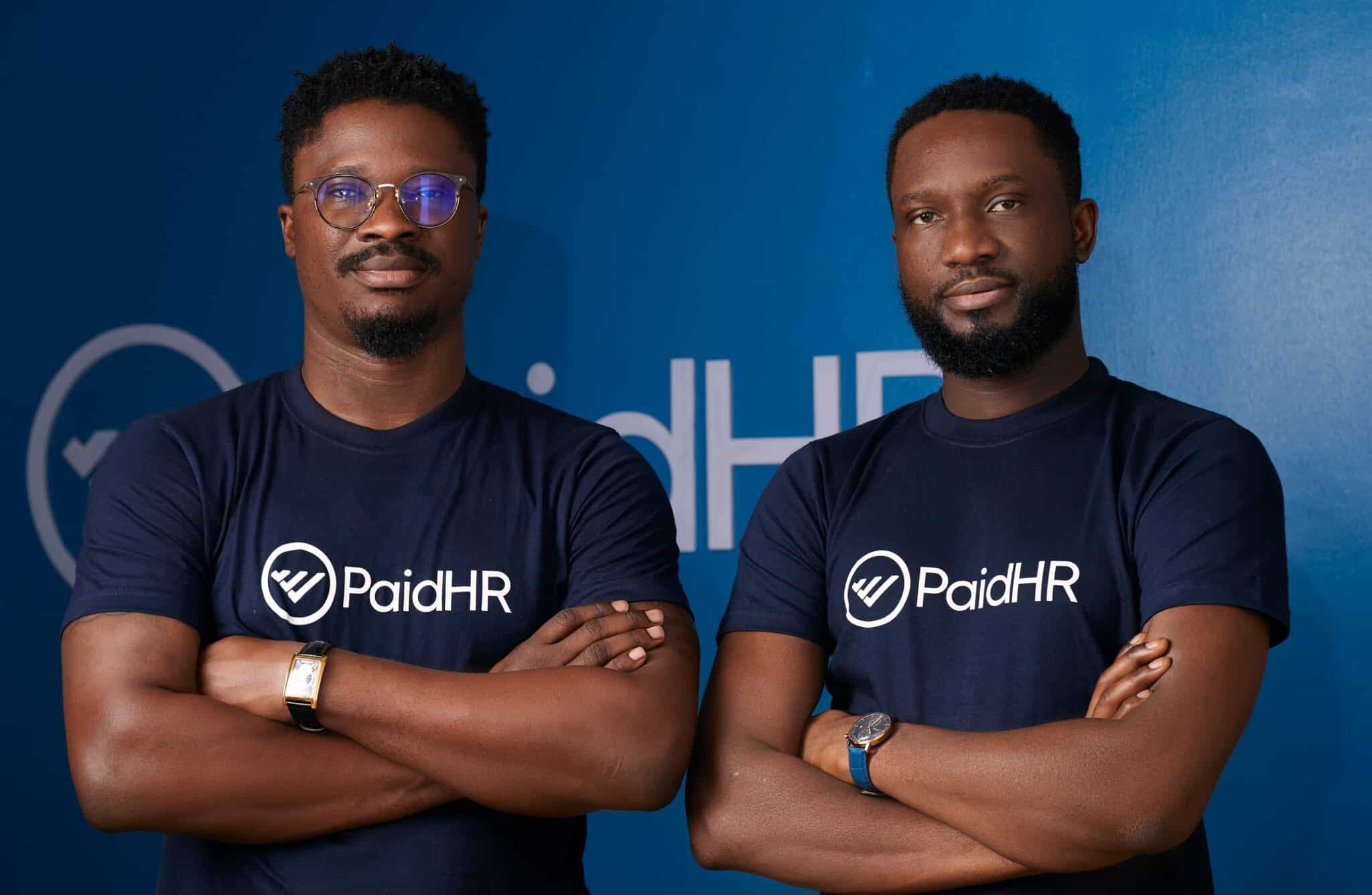If you thought AI innovation was moving too fast, OpenAI just doubled the speed by announcing Sora, its text-to-video model, and the results are scary good.
It was just December 2022 when OpenAI shocked the world with ChatGPT, an AI model that marked a turning point in AI innovation. And barely a year later, the company is topping that with something unbelievable.
The videos released alongside the announcement on X have left people shocked. Sam Altman OpenAI CEO has even asked people to send in prompts to test Sora. “Don’t hold back on details or difficulty,” he said.
And while Sora is an incredible leap for OpenAI and AI innovation, what does it mean for Africa? Here are 11 questions about Sora answered.
1. What is Sora?
Sora is a text-to-video model by OpenAI. According to official statements, the model is being trained to “simulate the physical world in motion,”
Sora can generate one-minute-long videos based on a prompt it has been given. There are video samples on the OpenAI website that look precise to the prompts. Altman has also posted videos generated by prompts from people on social media.
According to OpenAI, Sora can generate complex scenes with complex characters. It can do this because it doesn’t just understand what the user wants, it understands how those things exist in the real world.
2. How does Sora work?
Like ChatGPT, Sora also uses transformers — thinking of it as a kind of AI brain — to understand context.
Sora also builds on research done for DALL-E, OpenAI’s image-generating model. It was also trained with different images and videos. It uses something called “recaptioning technique” to generate videos based on the data it has been trained.
3. What else can Sora do?
While Sora can turn text into videos, it can also generate videos from images. For example, you can send it a picture of your dog and it’ll animate it into a video.
Interestingly, it can generate video from other videos too. OpenAI says it can “take an existing video and extend it or fill in missing frames.”
4. Can I use Sora now?
No, you cannot use Sora now. While it has been publicly announced, it’s still in the red-teaming phase. This means that people who are experts in misinformation, hateful content and bias are still testing the model.
The model will also be open to some visual artists, designers, and filmmakers so that they can give OpenAI feedback on how the model can be helpful to creators.
What does OpenAI’s Sora mean for Africa?
Olumide Okubadejo, an AI Research Scientist and Head of Product at Sabi feels Sora is an amazing feat based on the sheer difficulty that comes with creating text-to-video.

“Anything that involves translating static modalities like text into time series modalities like video or sound is always complex. Doing it on a scale where you can commercialise at some point is amazing,” he says.
Olayinka Omolere, Product Manager at an early-stage AI startup is also impressed by Sora, but he worries it’ll take away market share from other AI startups that are focused on using AI to create videos.
Some of those startups are Runway which raised $141 million in June, Synthesia which raised $90 million in July 2023, and Pika which raised $30 million in December 2023.
But how does Sora affect Africans and Africa?
5. What impact will Sora have on jobs in the creative industry in Africa?
Omolere believes the impact will not be good as it could shrink the pipeline for creative jobs.
He says instead of hiring African models and a production crew for an ad, a company could simply write a prompt and hire video editors to add company branding, making the process 10x cheaper.
Okubadejo, however, holds a slightly different point of view. While he agrees that some low-budget projects could eliminate the need for some people, he believes that Sora will be more of an integration into the current workflow.
“Content creators and generators will become much better at doing it because they now have a tool that has reduced the end-to-end time for their creative processes.”
6. How can individuals and organisations adapt to these changes?
Okubadejo suggests one way to adapt to new AI innovations is to think of it as a way of reducing time efficiency.
And for individuals or organisations that make one-minute videos, Omolere advises learning how Sora works, uncovering its limitations and figuring out a way to use it as a way of complementing their skills.
7. How do we prevent the spread of fake news and misinformation with Sora?
The videos generated by Sora look very believable and realistic which means bad actors could use it as a way to misinform and spread fake news.
OpenAI thought of this, which is why they plan to include something called C2PA metadata that would let people know if a video was generated by Sora.
However, Omolere says, very few people can figure out if a video has CP2A metadata and a video would probably have gone around the world 10 times before we know it’s AI-generated.
And while OpenAI says you can use sites like Content Credentials to verify if an image or video is AI generated, the metadata can easily be removed, in fact uploading on some social media sites automatically removes the metadata.
Okubadejo added that this is where AI policies should come in, but sadly policies are always playing catch up to innovation.
8. Can Sora help with education and skill development?
Okubadejo says yes. “For people who are visual learners, we now have a tool that can truly help to democratise education from content generation to video generation.”
9. What are the barriers to adopting Sora in Africa?
The obvious barriers to adopting tech in Africa are access to good Internet, electricity, and access to devices, but Okubadejo thinks it goes beyond that.
“We’re very traditional people, we connect with the emotions and elements of whatever has been built, and we could struggle is productions that we cannot connect to the story behind it.”
11. How can the government regulate the adoption of Sora to ensure positive outcomes?
While government regulation is always playing catch up to innovation, Omolere believes this is not the time to rush.
“An attentive and patient approach is better than a knee-jerk rush to regulation,” he says.
He thinks African governments should pay attention to everything going on in the AI space, contribute to the discourse, and learn how these technologies are affecting businesses, society, employment, and everyday life.
Okubadejo also thinks governments need to start thinking about policy now and not later. As a creator of AI tools, he stresses how rapidly the world is changing and why governments need all hands on deck in the creation of policies.
Policies are important as AI gets scary good. This article of a GPT-4 going head-to-head with a Techpoint Africa journalist shows how good AI is getting.
However, we also have to think of ways to make Africa not just a consumer of tech but also an innovator. Sadly, AI experts say the tech has not even started crawling in places like Nigeria

